SJI Grantee Spotlights
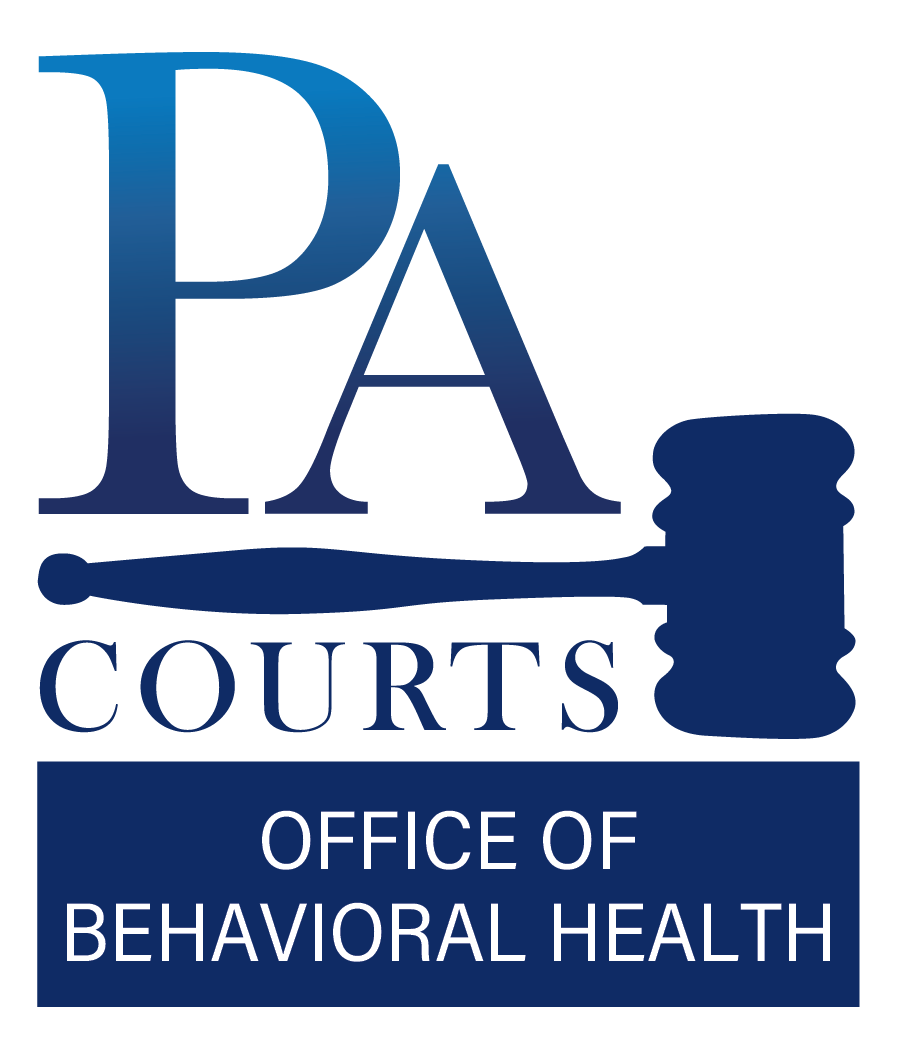
Pennsylvania Statewide Behavioral Health & Recovery Summit – Administrative Office of Pennsylvania Courts
In October 2024, the Pennsylvania Courts held a first-ever statewide Behavioral Health Summit that brought together over 500 judges, leaders, and stakeholders to address the growing behavioral health crisis within the judicial system. Pennsylvania Supreme Court Justice Kevin Dougherty emphasized the increasing severity and frequency of behavioral health challenges and called the summit a “call to action” to improve court responses and support justice-involved individuals with behavioral health needs.
The summit, hosted in partnership with the Pennsylvania Commission on Crime and Delinquency (PCCD), fostered collaboration among judges, county and state leaders, and advocates. It highlighted the importance of both education and building relationships in creating informed solutions that positively impact the community. This initiative seeks to develop comprehensive strategies that address behavioral health issues and ensure both effective legal proceedings and compassionate, trauma-informed care.
A significant prior step in this effort was the establishment of the Office of Behavioral Health by the Pennsylvania Courts last year. This office is focused on promoting best practices at the intersections of at-risk populations and the courts. It is also dedicated to providing training and educational resources for judges, ensuring they are equipped to navigate cases involving those with behavioral health challenges. Key areas of focus include truancy, domestic relations, juvenile delinquency, criminal justice, and civil commitments.
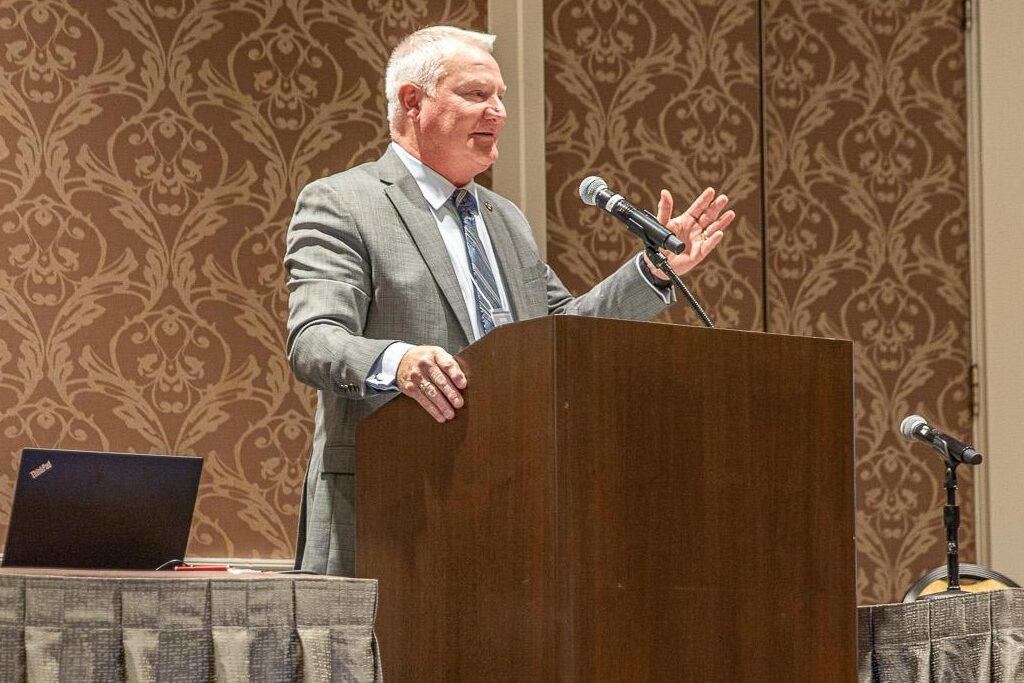
The office is currently supporting the establishment of seven judicially led, behavioral health regional councils to ensure ongoing collaboration and progress. The councils will launch via regional summits across Pennsylvania with a focus on helping county leaders to understand and engage the legislature and stakeholders on regional priorities.
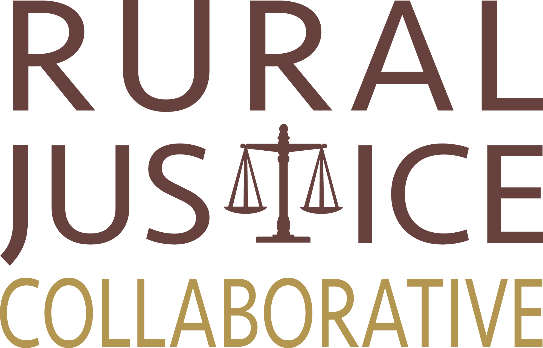
National Center for State Courts: Rural Justice Collaborative
September 1, 2023
Rural communities face unique challenges that impact their ability to deliver fair and equitable justice. Despite these challenges, rural communities rely on their many strengths to address the needs of their residents. In 2021, the National Center for State Courts, in partnership with Rulo Strategies, launched the Rural Justice Collaborative (RJC) to showcase the strengths …
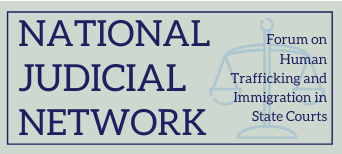
National Judicial Network: Forum on Human Trafficking and Immigration in State Courts
July 1, 2023
The National Judicial Network: A Lifeline Helping Judges Better Serve Human Trafficking Victims and Immigrant Victims of Crime and Abuse The National Judicial Network (NJN): Forum on Human Trafficking and Immigration in State Courts offers judges an opportunity for peer-to-peer learning and information sharing. Judges from all over the country who are interested in the …

“The Good Judge-ment Podcast” Training Project: Georgia Council of Superior Court Judges
June 1, 2023
The Good Judge-ment Podcast is an educational, web-based podcast for judges, lawyers, students and nerds of all kinds. The podcast started in 2016 as a supplement to ongoing educational programming for Georgia Superior Court judges. From that beginning, it has grown to a bi-weekly program with hundreds of subscribers and over 125 episodes. The hosts, …

Sustainable Case Management and Evidence Adjudication Support Tools for Cases Related to the COVID-19 Pandemic and Future Government-declared Emergencies
May 1, 2023
With the certification of 64 resource judges and four court resource attorneys’ mid-summer 2022, the National Courts and Sciences Institute (NCSI) completed Phase 1 of a SJI-supported strategic initiative to discover ways to train judges and court personnel to cope with novel, changing, Covid Science in the Courtroom. Judges from 12 jurisdictions in coordinator-facilitated teams …
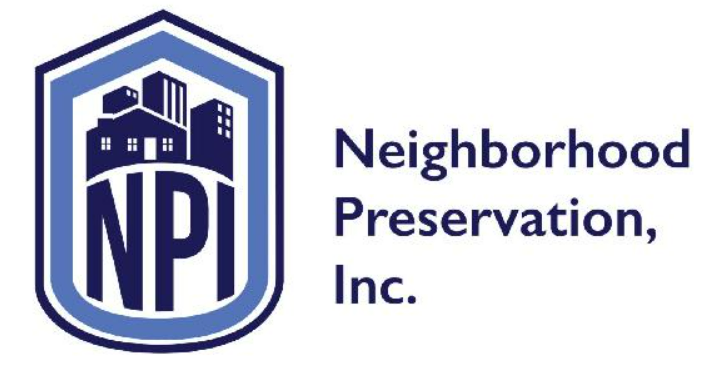
Eviction Data Analysis and Accessibility: Supporting Shelby County Court Data Management
April 1, 2023
During the past two years, Neighborhood Preservation, Inc. worked with the City of Memphis and Shelby County to launch the local Emergency Rental Assistance program, a $90 million program with a strong eviction prevention and legal services component. The SJI grant supported the development of court data tools to identify ERA applicants facing upcoming court …
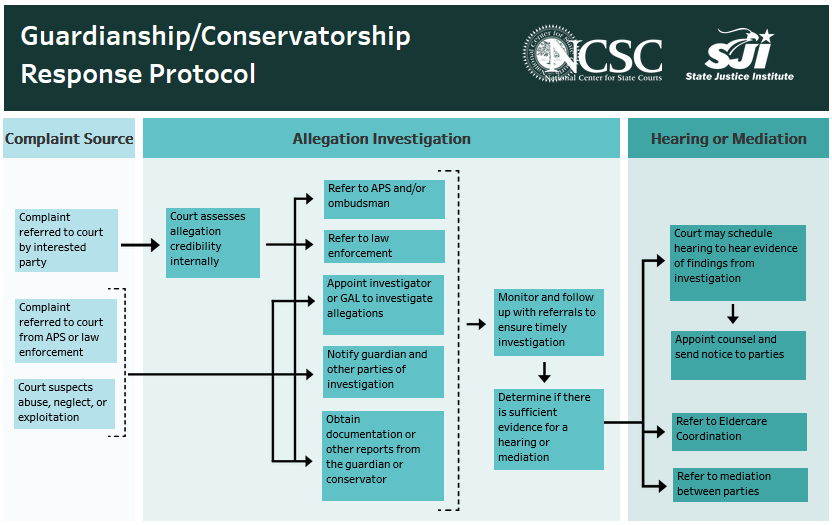
Monitoring Guardianships and Conservatorships
March 1, 2023
To improve guardianship case management, the National Center for State Courts is leading two SJI-funded projects to help guide courts through guardianship monitoring. Developing a Judicial Response Protocol to Address Abuse, Neglect, and Exploitation in Guardianship Cases features an interactive tool designed to help judges respond to allegations of harm to individuals subject to guardianship. …

